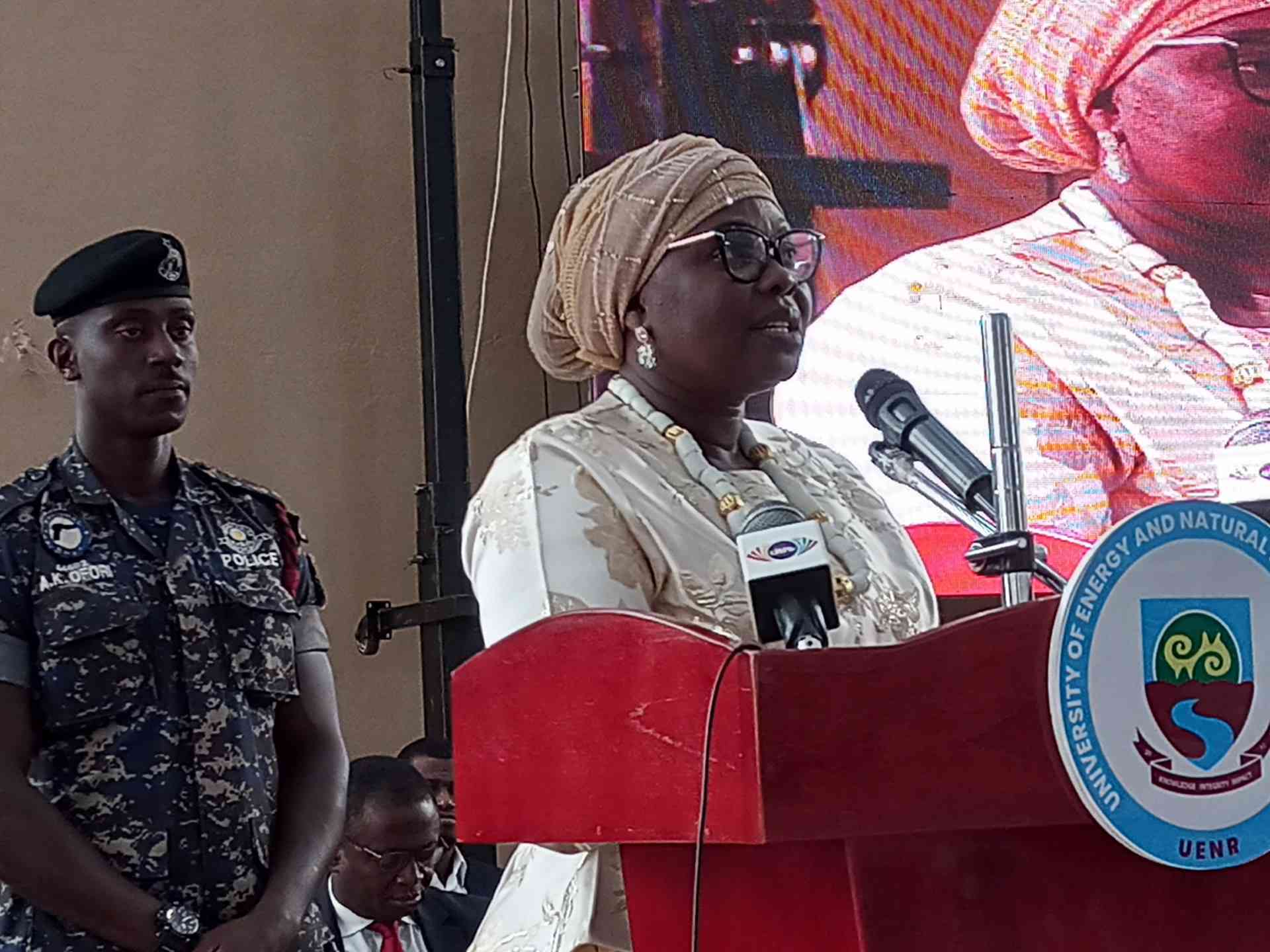
By Kosi DZOKOTO
Land is a fundamental resource in Ghana, intricately tied to economic development, social stability, and cultural identity. However, issues like land conflicts, overlapping claims, inefficient land management, and corruption have long undermined the potential of this critical asset.
Recognizing this, John D. Mahama’s manifesto for the 2024 elections presents a transformative vision through Comprehensive Land Reforms for Infrastructure Development.
This ambitious policy aims to address historical inefficiencies and inequities in land administration, ensuring that land serves as a catalyst for growth and prosperity. By tackling systemic challenges and promoting transparency, equity, and collaboration, these reforms promise to revolutionize land management in Ghana and pave the way for sustainable development.
Policy and institutional reforms: Setting the groundwork for efficiency
One of the most impactful components of the land reform agenda is the review of the 1999 National Land policy. This review, coupled with the establishment of a Presidential Commission, will create a framework for affordable and equitable access to land, especially for infrastructure projects that are vital to national development.
Additionally, the introduction of Continuously Operating Reference Stations (CORS) for accurate land-related decision-making, along with a National Land Information Database of customary landowners, will improve transparency and reduce conflicts. These reforms modernize Ghana’s land administration, aligning it with global best practices and setting the stage for efficient land use planning.
Empowering customary land administration
Customary lands constitute a significant portion of Ghana’s landmass, but their administration often lacks the structure needed to maximize their potential. The proposal to establish self-financing, electronic system-based Customary Land Secretariats will professionalize land administration at the local level. Trained professionals will ensure that these secretariats are both efficient and accountable.
The mandatory survey and registration of all unregistered customary lands is another game-changing reform. By formalizing ownership and usage rights, this measure will provide landowners with greater security while unlocking the economic potential of these lands for development projects.
Resolving land conflicts and promoting social harmony
Land disputes have been a source of tension and instability, particularly in regions like Ga-Dangme, where conflicting judgments and overlapping claims have persisted for decades. By establishing a Presidential Commission of Inquiry to address these disputes, the manifesto demonstrates a commitment to fairness and justice.
Furthermore, policies to address overlapping boundaries and resolve disputes will create clarity and confidence for investors, landowners, and developers. This fosters an environment conducive to development while promoting social harmony.
Enhancing service delivery and transparency
Inefficient and delayed land registration processes are a major bottleneck in Ghana’s development agenda. The introduction of a Citizens’ Service Delivery Charter promises to streamline these processes by setting clear timelines, such as registering land titles within 30 working days and processing mortgages within 20 working days in the Greater Accra Region.
The review of policies on state and vested lands allocation will ensure fair pricing and equitable access, ending decades of undervaluation and misuse of public lands. Transparent management arrangements with original landowners and unauthorized occupants will further promote accountability and equitable outcomes.
Safeguarding rights and combating corruption
Women and youth often face systemic barriers to land ownership, limiting their ability to contribute to Ghana’s development. By safeguarding their rights and promoting equitable access, the reforms ensure that land is a resource for all citizens, not just the privileged few.
Additionally, the proposal to monitor and curb corruption in land acquisition, especially for large-scale transactions, addresses a major source of inefficiency and inequity. This commitment to transparency builds trust and protects Ghana’s land resources from exploitation.
Collaborative land use planning and protection
Effective land use planning requires collaboration across sectors and levels of government. By encouraging partnerships between MMDAs, the Land Use and Spatial Planning Authority (LUSPA), and professional bodies such as the Ghana Institute of Planners and the Licensed Surveyors Association of Ghana, the manifesto promotes integrated and inclusive planning.
Mandating government institutions to survey, register, and secure state-acquired lands prevents encroachment and ensures that public assets are preserved for future generations. Furthermore, the establishment of licensed, unarmed Land Security Firms adds an extra layer of protection to safeguard land resources.
How these reforms will transform lives
- Promoting economic growth
Transparent and efficient land administration reduces disputes and enhances investor confidence. Infrastructure projects, made possible by streamlined access to land, will spur economic growth and create jobs. - Empowering women and youth
Equal access to land for women and youth ensures that everyone can participate in and benefit from Ghana’s development. This inclusivity fosters innovation and entrepreneurship. - Resolving long-standing conflicts
Addressing land disputes restores social harmony and ensures fairness for communities affected by overlapping claims and historical injustices. - Boosting efficiency in service delivery
Faster, more transparent land registration processes save time and resources for citizens and businesses alike, making land administration a driver of development rather than a hindrance. - Preserving public resources
Improved management of state and vested lands prevents misuse and ensures that these resources contribute to national development.
A vision for equitable development
Land is not just a physical asset; it is a foundation for economic empowerment, social stability, and cultural heritage. The Comprehensive Land Reforms for Infrastructure Development proposed by John D. Mahama reflect a bold and innovative approach to transforming this resource into a tool for equitable development. By addressing inefficiencies, promoting transparency, and safeguarding rights, these reforms promise to unlock Ghana’s potential and create a brighter future for all.
As Ghanaians prepare to head to the polls in 2024, these land reforms represent a critical step toward achieving sustainable development. With visionary leadership and a commitment to equity, the NDC’s plan offers a transformative path forward—one where land serves as a true cornerstone of prosperity.
The post Mahama’s Comprehensive Land Reforms :A foundation for equitable growth and development appeared first on The Business & Financial Times.
Read Full Story



















Facebook
Twitter
Pinterest
Instagram
Google+
YouTube
LinkedIn
RSS